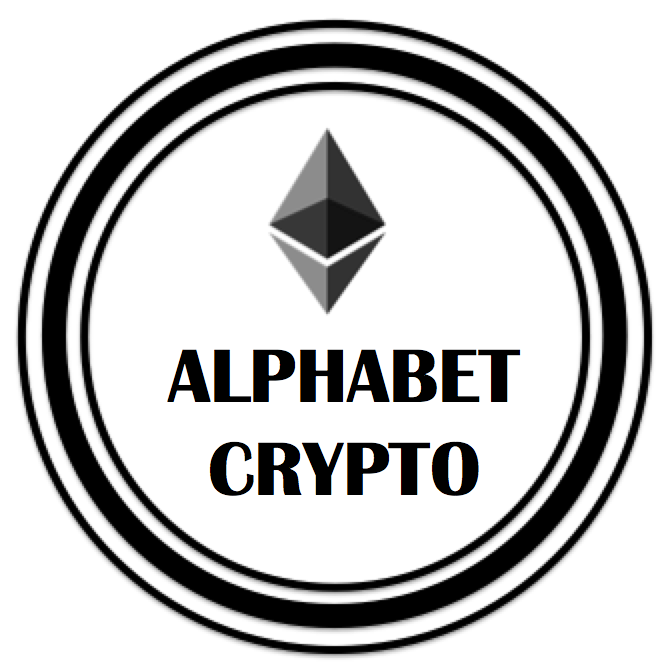This is a really interesting question, and one I think this TechCrunch article does a great job summarizing.
It specifically outlines how Blockchain (separate from Bitcoin), has started to make waves with more traditional Enterprise software providers who are looking to add it as a service to their existing clients.

Amazon, SAP, Oracle, and IBM are all now providing Blockchain-As-A-Service (“BasS”) to clients of all sizes. Whether this is cloud computing power or actual developers who can come into a small company to help scale development fast, these big companies see an opportunity. These companies that power the majority of businesses online are now commoditizing blockchain tech.
Each company also has its individual crypto initiatives, such as crypto-currency payment on Amazon (they parked on the domains like www.amazonbitcoin.com), or Oracle partnering with a cargo company to test out Blockchain in the shipping value chain.
The TechCrunch article says how it is difficult to separate the concepts of Bitcoin and Blockchain from one another – they are used interchangeably, which is misleading given “currency” is just one of the myriad usages of Blockchain technology. There are lots of other uses for Blockchain technology, such as tracking diamonds, using in games, or confirming identity (see projects like Civic).
In its simplest form, Blockchain creates a ledger that is unchangeable and openly verifiable by anyone, and this can be used to enforce rules or track value. “Tokenization” is rewarding people with tokens for enforcing the rule of a particular “use case”, but this is often confused with currency because those tokens can be traded and sold.
(from TechCrunch, quoting Rob May, CEO of Talla)
…many instances today, companies don’t understand the advantages of blockchain, which he (May) identifies as immutability, trust, and tokenization, the latter of which can help finance blockchain initiatives (but which can also contribute to confusion with digital currency use cases).
“Right now, businesses are missing real blockchain opportunities and instead throwing blockchain in places where it doesn’t belong. For example, they are trying to use it for smart contracts, and that stuff isn’t ready. They also try to use it for cases that require a lot of speed, and again blockchains aren’t ready,” he (May) said.
More to come as BaaS services become more utilized companies across the spectrum of fintech, ecommerce, health, identity and gaming.
